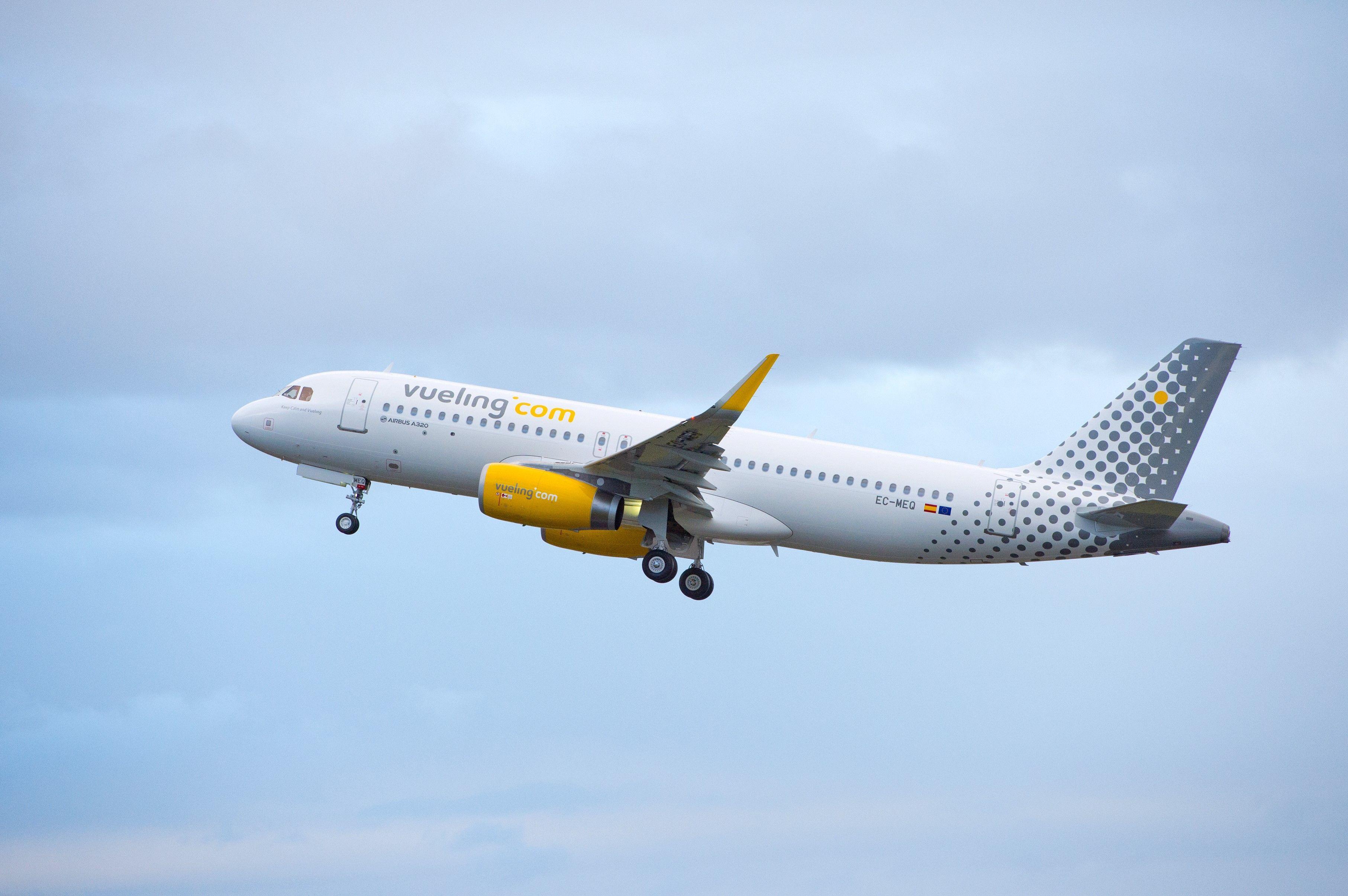
Smarter email, faster business.
Trending
Vueling CEO Urges Government Policy Support

Vueling CEO Calls for Policy Support to Advance Sustainable Aviation
Challenges in Regulatory Frameworks and Industry Commitments
At the Routes Europe 2025 conference in Seville, Vueling CEO Carolina Martinoli urged European policymakers to reconsider current sustainability regulations to better support short-haul carriers’ investment capabilities. While acknowledging the positive intent behind existing rules, Martinoli emphasized the need for recalibration to preserve airline competitiveness. She highlighted Vueling’s commitment to achieving net-zero emissions by 2050 but stressed that airlines alone cannot meet these ambitious targets. “Everyone looks at [carriers]—but we buy every new-technology plane that there is to buy. We buy every drop of SAF [sustainable aviation fuel] that there is to buy,” Martinoli stated, underscoring the necessity for increased resource availability and broader stakeholder engagement.
The CEO’s remarks come amid growing industry pressure to comply with the European Union’s ReFuelEU Aviation regulation, which mandates a minimum use of 2% sustainable aviation fuel (SAF) by 2025 and 6% by 2030. While the near-term target is considered attainable, Martinoli and other European airline leaders have expressed concerns about the feasibility of the 2030 goal without substantial expansion in SAF production and supply chains. These challenges have prompted calls for enhanced policy support, with Vueling and its competitors likely to advocate for regulatory adjustments or strategic adaptations. The ongoing debate is expected to influence regulatory decisions and may impact future fare structures as airlines navigate evolving sustainability requirements.
Network Expansion and Technological Innovation
Beyond regulatory issues, Martinoli highlighted Vueling’s strategic growth, announcing new routes to Cordoba—completing the airline’s presence across all airports in Andalucía—as well as to Tirana, Salerno, and Essaouira. She described Barcelona as “one of the best-connected cities in Europe through our network,” emphasizing the airline’s continuous efforts to expand connectivity.
Vueling is also investing heavily in digital transformation and operational resilience. The airline collaborates with the Barcelona Supercomputing Center to utilize weather data for disruption prediction and employs artificial intelligence to improve customer service, predictive maintenance, and operational efficiency. These initiatives reflect Vueling’s commitment to innovation amid a challenging operating environment.
Navigating Structural Disruptions with Resilience
Martinoli acknowledged persistent challenges facing the aviation sector, including geopolitical tensions, supply chain disruptions, air traffic control delays, and rising operational costs. “Disruption is here to stay. It’s structural now,” she remarked, emphasizing the importance of adaptability. She praised Vueling’s dynamic corporate culture and its focus on innovation as key factors in managing ongoing change.
Concluding her address, Martinoli expressed confidence in Vueling’s ability to balance ambitious sustainability objectives with practical measures. As the airline pursues strategies to reduce its environmental footprint while maintaining high service standards, its call for enhanced policy support is poised to influence broader industry discussions and regulatory frameworks across Europe.